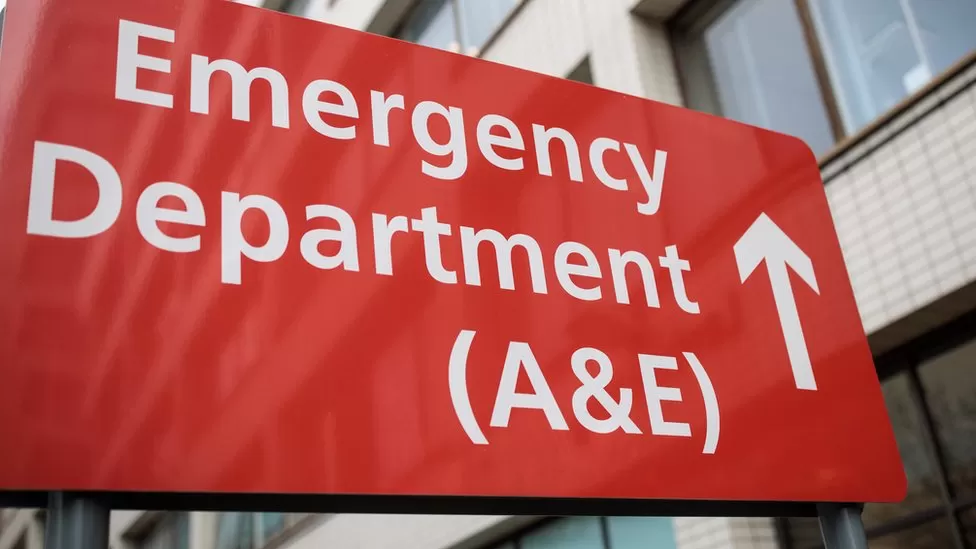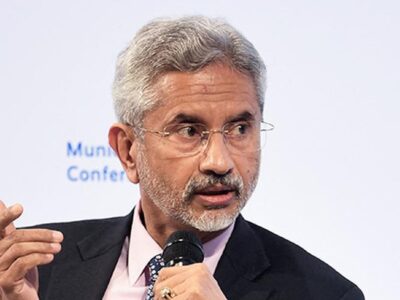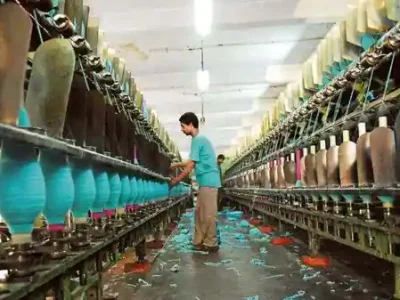From the day Fayza Ansari, 14, was diagnosed with leukemia, her life followed a tragic arc – turned away by hospitals, her sobbing pleas ignored, her parents desperately trying to find a bed for her.
“If beds aren’t available, what must poor patients do? Die?” These were Fayza’s last words, captured on a video taken by her father to gain some attention. The images of the frail and wild-eyed teenager, who by now was bleeding from her nose and ears, finally reached the top government hospital in the Indian capital, Delhi, where she was belatedly admitted on 5 December.
Fayza died a few hours later. Her story captures the experience of far too many poor Indians, failed by a healthcare system that is free but overloaded and often heartless.
A doctor in casualty shouted in exasperation when Fayza and her parents kept pleading with him to give her a bed. Fayza’s mother, Razia, recalls his words: “Where do you poor all keep coming from? How can we cope with you all?”
In the days preceding Fayza’s death, Razia and her husband, Zamir Ahmed, allege that three government hospitals refused her treatment on the grounds of medicines, beds or equipment being unavailable. “My mum brings me here every day and is exhausted but you can’t take pity on her?” Fayza angrily asked doctors in the casualty wing of one hospital.
The experience is seared in Razia’s memory. “My daughter was strong-minded, she was desperate to get well and study to become an engineer. She was the smartest of my five daughters,” she says.
Razia alleges that the Delhi State Cancer Institute, Safdarjung Hospital, and AIIMS, the hospital where she died, initially refused to take her in. “In her last days, my daughter screamed in pain outside emergency rooms, begging anyone in a white coat to help her,” says Razia.
![]()






